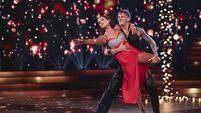Aisling Bea on Take That film, Greatest Days: 'The dances were the easy bit'

Aisling Bea in Greatest Days.
Aisling Bea used to worry that she might be too funny for her own good. The Kildare-born actor has worked steadily on stage and screen for the past 20 years. But she has a parallel career as a comedian and is a familiar face from British panel shows, such as 8 Out Of 10 Cats on Channel 4. There was a time when she fretted that there was an excess of her out there on the light-entertainment airwaves and that this undermined her as a serious performer.
“I’ve always acted. You’ll do something small that you’re so proud of. But then you do three hours of 8 Out Of 10 Cats and five million people have seen you overnight," Bea explains. "I used to be a lot more afraid of it: that the omnipresence of my panel show work would in some way get in the way of the acting. But I think that was my own snobbishness that I might have had around that. Now I’m grateful because you have an audience. You learn how to graft. I’m a lot more stable in myself. Thank God for those jobs [on TV]. They paid my bills for a long time.”
When Bea signed up to star in the big screen adaptation of Take That musical Greatest Days, she expected it would offer some light relief. She had just finished writing season two of Channel 4’s This Way Up, her funny/ sad exploration of mental illness that drew on her real-world experiences of healing and trauma (see below). But then she got stuck into the role of boy-band-obsessed nurse Rachel and found that the only way to honestly tell the story was to give all of herself – light and dark – to the part.
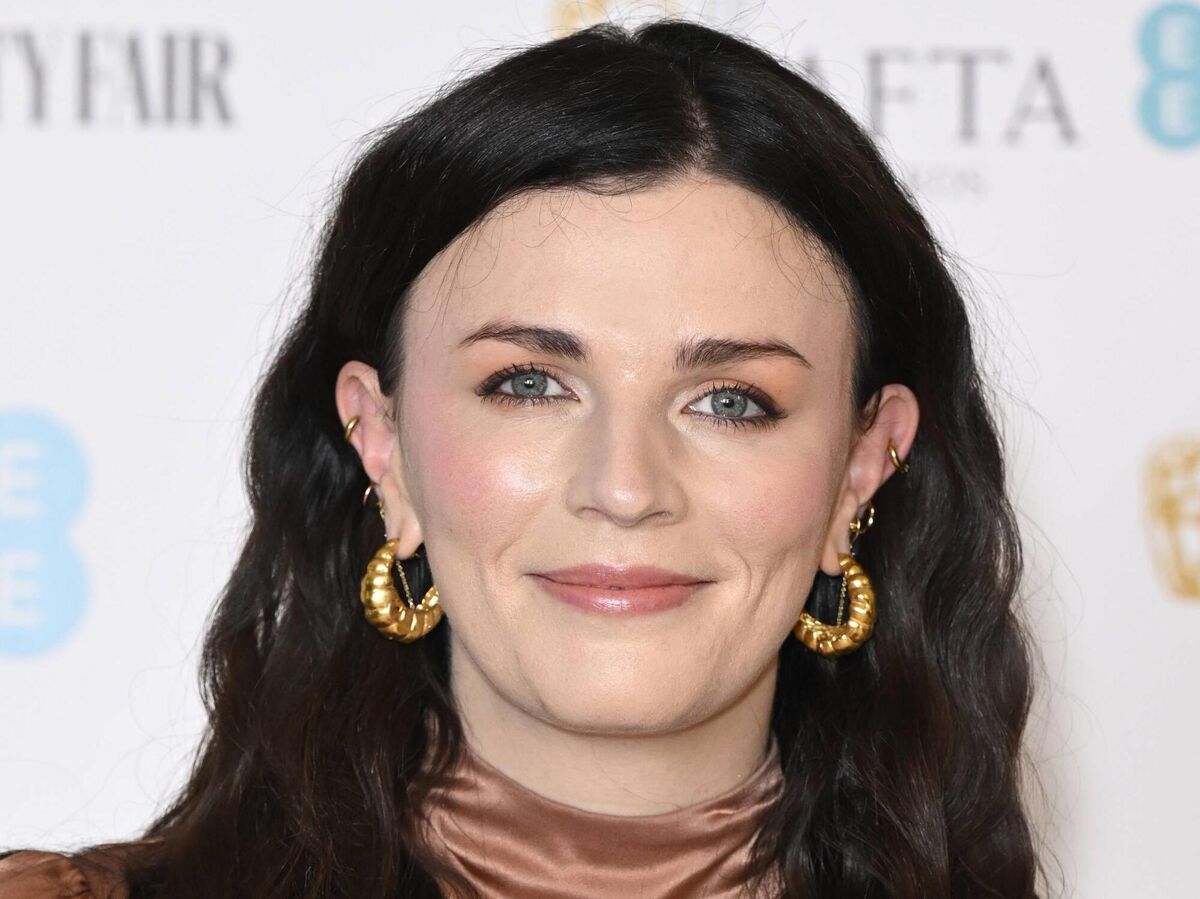
“Maybe that’s how I work,” she says in a conference room at the Merrion Hotel in Dublin. “Or maybe that’s what I end up being attracted to. The dances were the easy bit. But then the gravitas was there.”
Take That are never mentioned by name in Greatest Days. They are “the lads”, a '90s boy band to whom teenage Rachel turns for emotional support growing up as the child of Irish immigrants in North of England. Now, in her 40s, she is a nurse whose life is unravelling. She is fulfilled in her job, yet at home, something stops her from committing to her boyfriend (on his 11th unsuccessful marriage proposal). And when she wins a contest to see the reformed boy band - whatever their name is – play in Greece, she is torn about who to bring.
Reaching out to her old friends will mean confronting a past she has buried deep down. And so while the film is, at one level, about Gary Barlow and his magical power ballads, it is also about pain and forgiveness – a subject with which Bea is well versed, having spoken honestly about her own life challenges.
“After I was offered it, I did feel maybe I could bring a grounded quality,” she nods. “Maybe that is my wheelhouse. How do you do comedy with a bait and switch, dealing with difficult subject matters like grief? Again, that’s a little bit in my wheelhouse.”
One early decision was to make the character Irish. The shoot was going to be intense with a lot of time pressure (the budget was cut shortly before filming began). Under those constraints, the last thing Bea needed was another complication.
She’s perfectly capable of a Manchester accent, she elaborates. However, making Rachel Irish would bring another layer to the story. In the original musical, the character retreats into the Take That songbook to block out conflict at home. With her parents from Dublin, that strife takes on a new context.
“Why would an Irish person be included in the role in the '90s? For me the answer that you would have an immigrant family moving over. So it wasn’t just a pair of parents fighting. There was a lot of mass movement over to England in the late '80s and early '90s. with families and kids yeah, Irish people into England. Which would have put so much pressure on young couples kind of up against it. And so maybe I brought a groundedness to it.”
Bea grew up just outside Kildare Town. Her father, a vet, died by suicide when she was three, though she was not told about the circumstances of his death until she was 13. The tragedy is not referenced by This Way Up but clearly informs the script's exploration of loss and recovery.
Her mother was a former professional jockey who became a teacher; as a teenager, Bea worked as a tour guide at the Irish National Stud before studying French and philosophy at Trinity. There, she discovered her love of performance, leading her to enrol at the London Academy of Music and Dramatic Art.
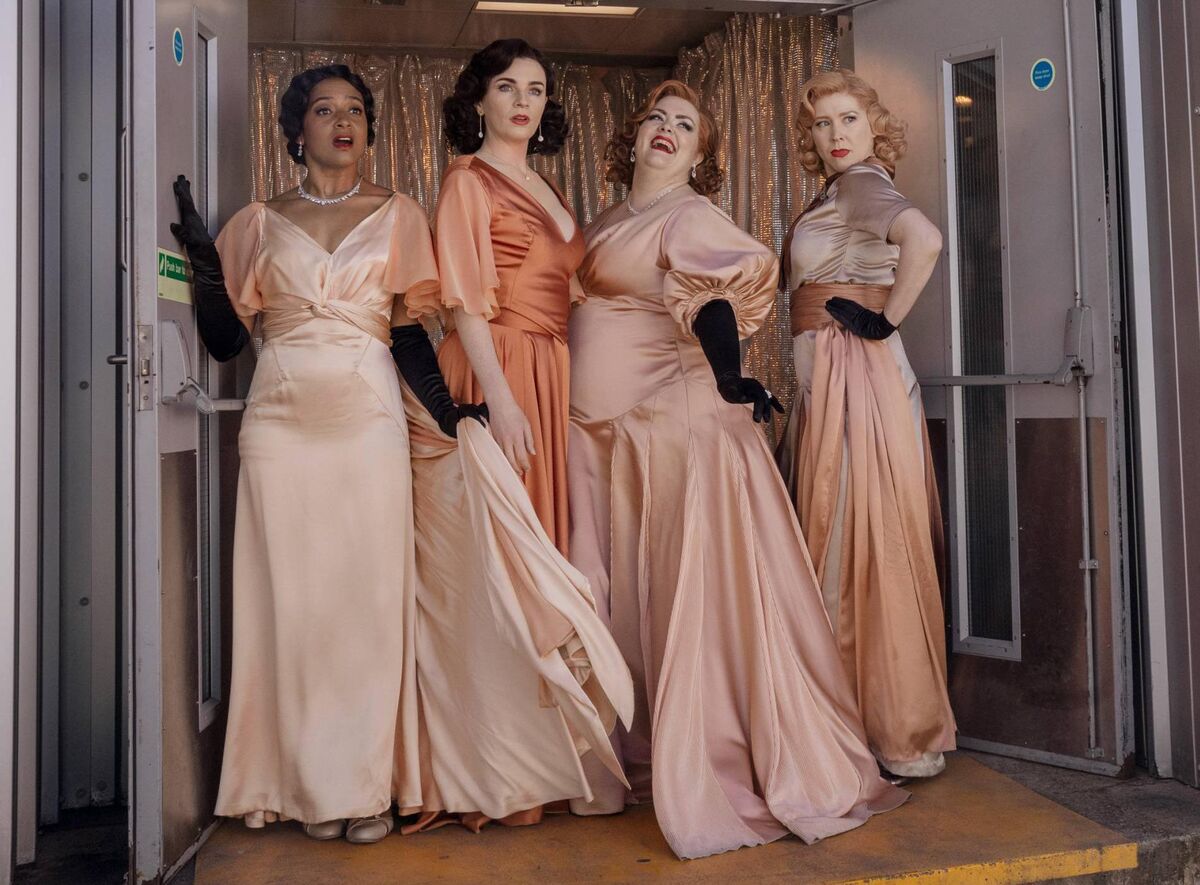
Acting was always her priority. But she was naturally funny and was encouraged to give stand-up a go. In 2012, she won the So You Think You’re Funny Award at the Edinburgh Fringe Festival. She was nominated for Best Newcomer at the Edinburgh Comedy Awards the following year. She had arrived.
She was born in 1984, slightly too late to have been a Take That fan in their early 1990s prime. But she’s certainly a fan now. To paraphrase another Manchester group, the best Take That songs will live forever and have transcended the snootiness and suspicion with which they were initially received.
“I think if it’s young girls or something you play at Pride, there’s a snobbishness around it. And I’m like, well, why? Because that’s a large percentage of the population. And the music has stayed. You can listen to it over again. And I think it’s not maybe admired enough for its musicality and quality. Which are testament to Gary Barlow more than anything.”
She would like to think that Greatest Days will cheer people up. It’s a bittersweet musical, with many funny escapist moments but some darkness too. Above all, though, it is an expert delivery system for Take That’s songs.
“What we the hoped with the film was that, after two years of the pandemic, it would be an element of some cinemas, where people might break out singing. That would be quite a special thing.”
- Greatest Days is in cinemas now
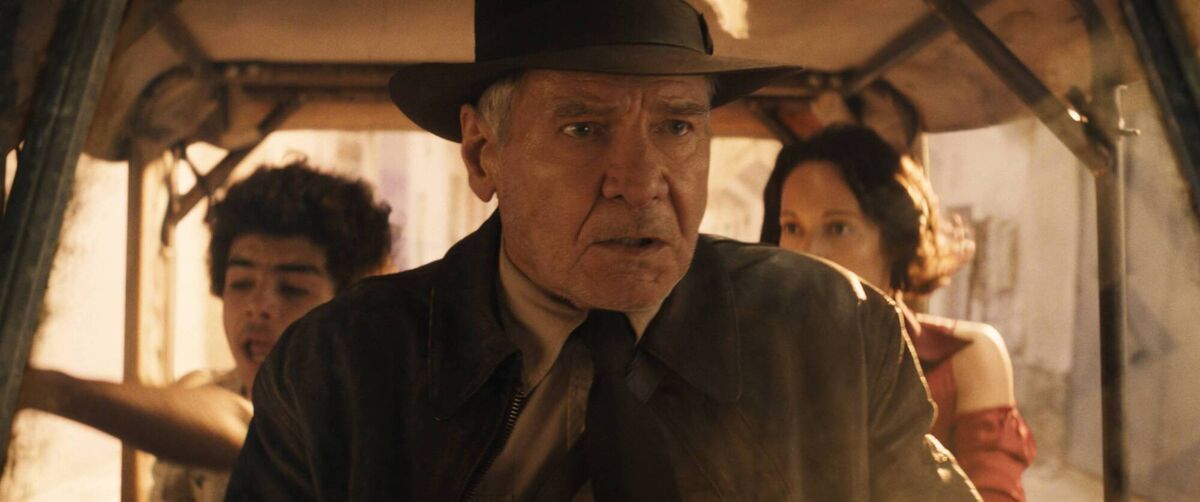
It’s into another super-hero multiverse as DC’s The Flash brings back Michael Keaton’s Batman alongside the troubled Ezra Miller’s lead character.
At 80, Harrison Ford dons his rumpled fedora and swings back into action as the pulp action hero alongside Phoebe Waller-Bridge, Antonio Banderas and Mads Mikkelsen.
A film willed into existence through the pandemic by Tom Cruise, the latest MI clocks in three hours and reunites the star with Vanessa Kirby and Simon Pegg
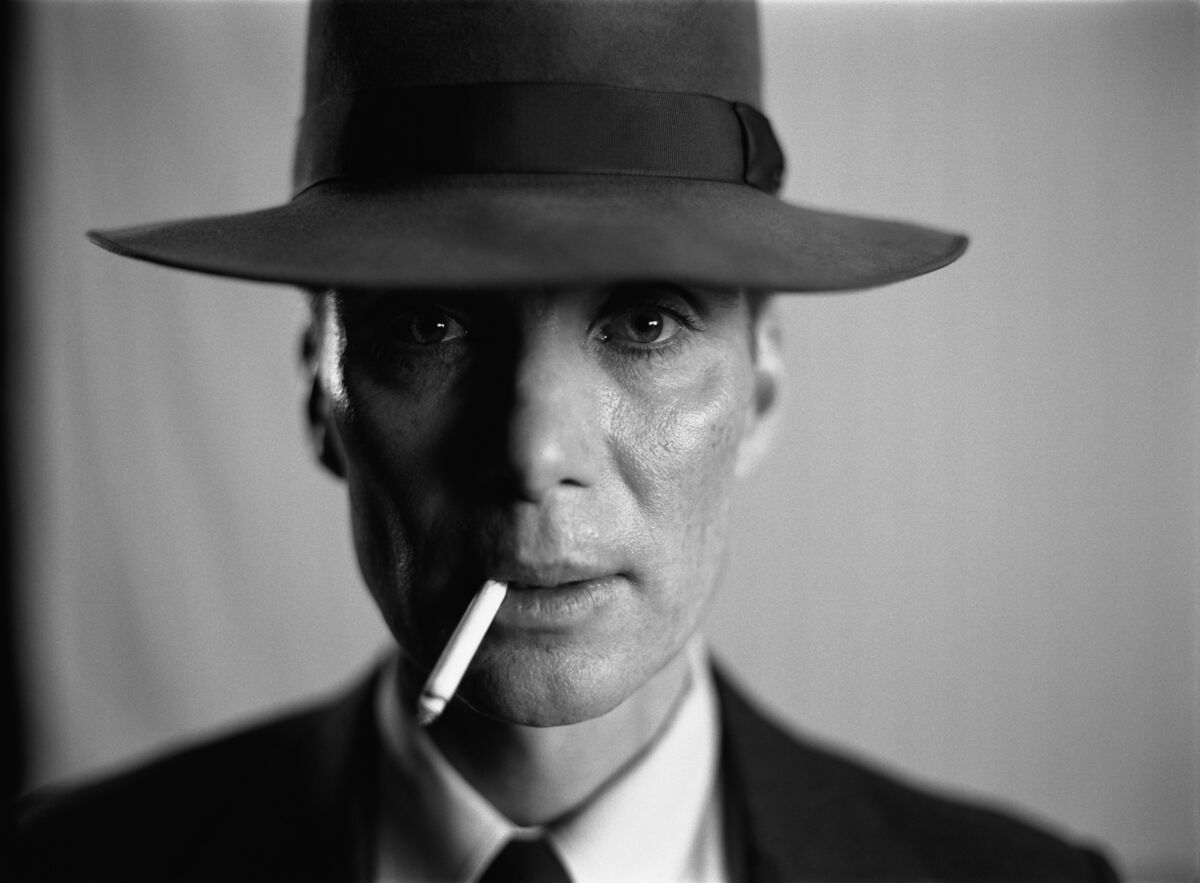
With his last project, Tenet, Christopher Nolan took on the pandemic by pushing the movie into cinemas amid a public health crisis. Now his character study of the father of atomic power – portrayed by Cork’s Cillian Murphy – is up against the Barbie movie. Vying with that fantastic plastic potential blockbuster, could Oppenheimer bomb?
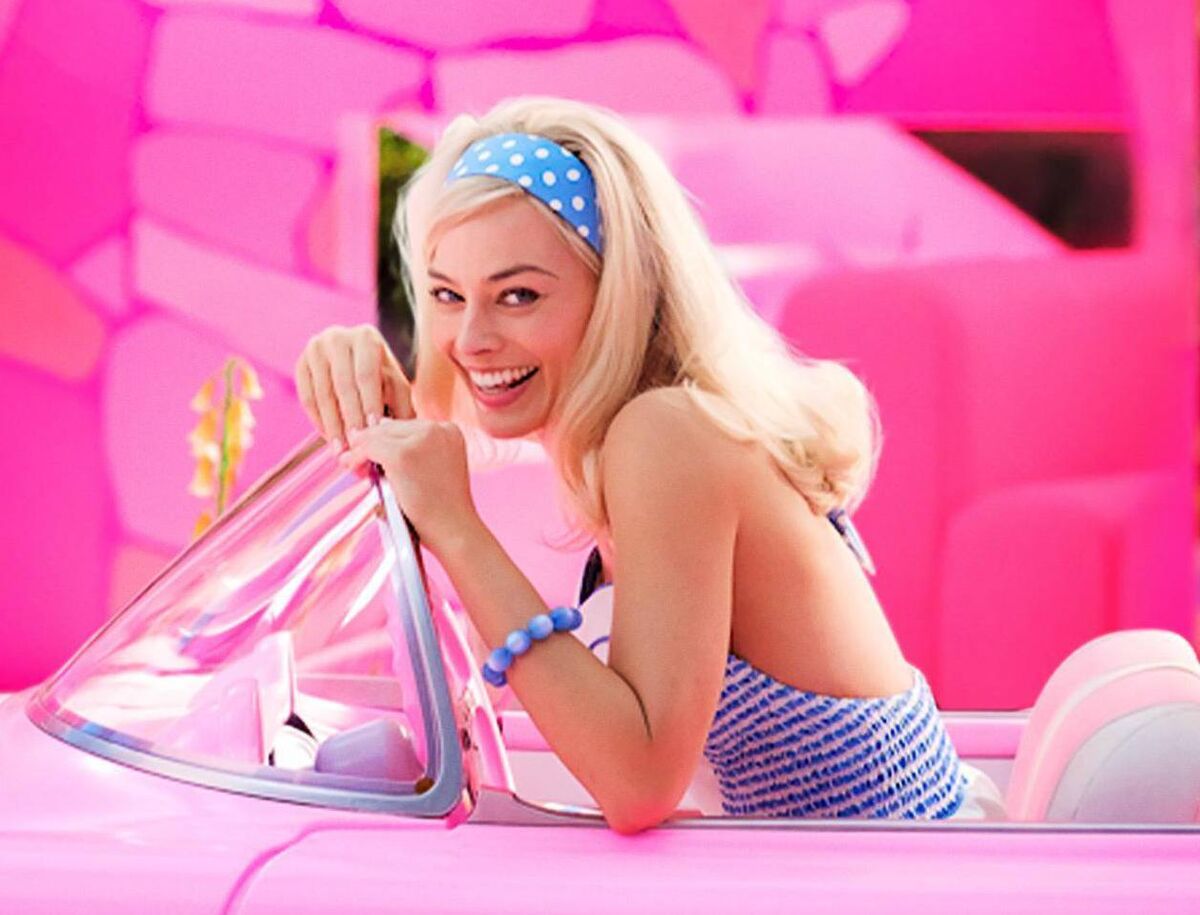
Pink is the colour, as Greta Gerwig’s reportedly subversive valentine to the iconic doll is unleashed - starring Margot Robbie as Barbie and Ryan Gosling as Ken.

